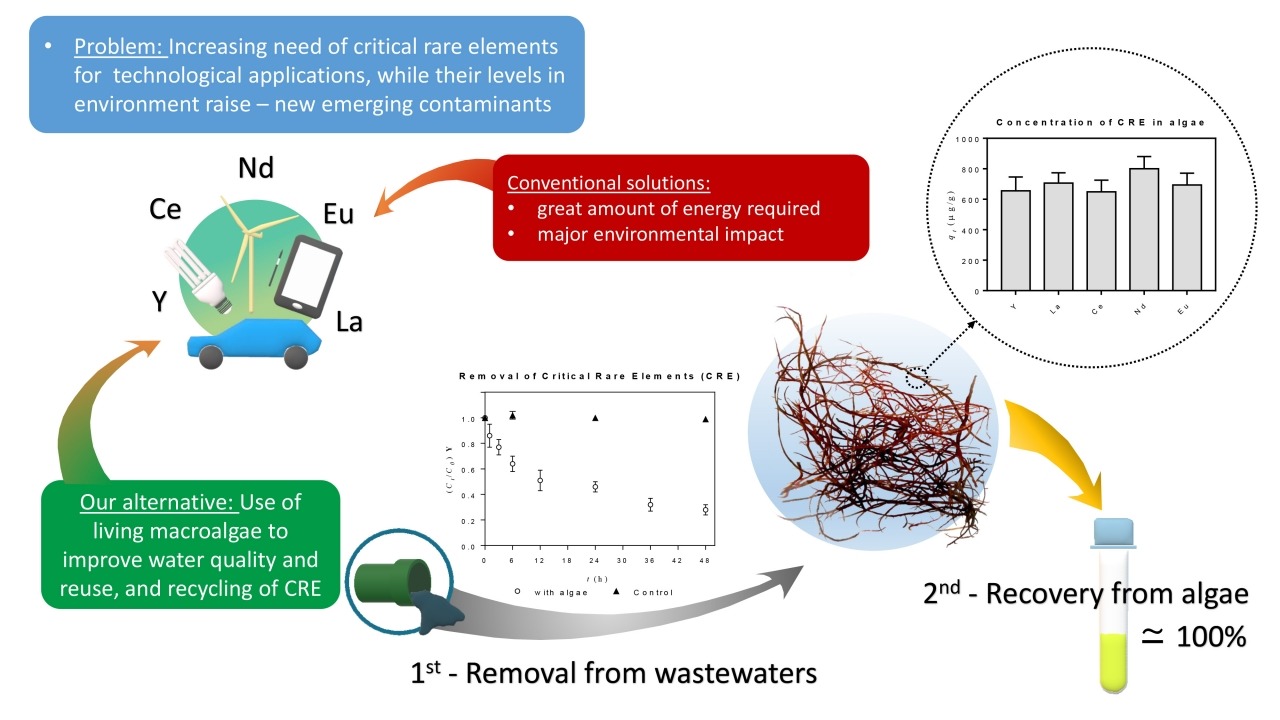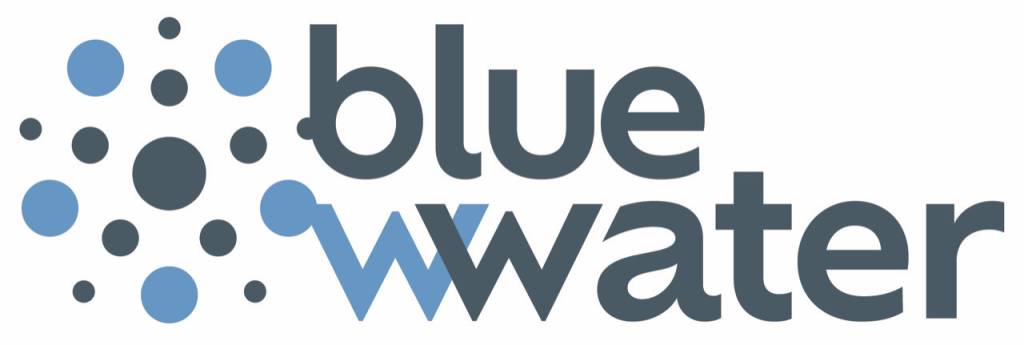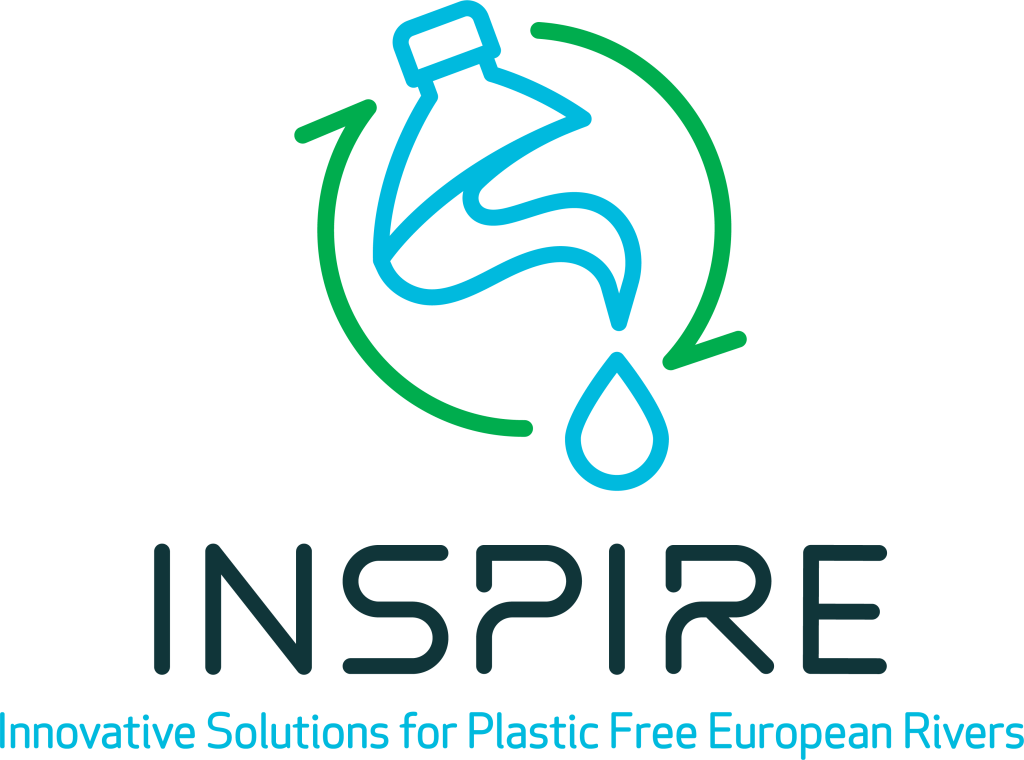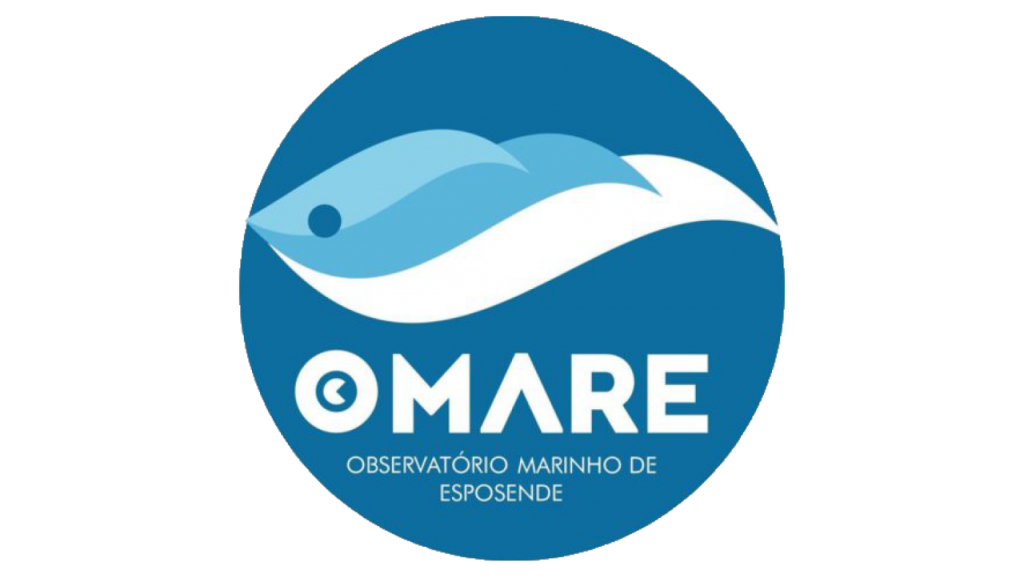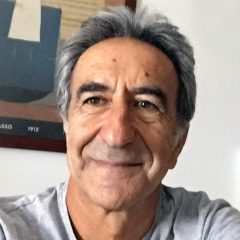
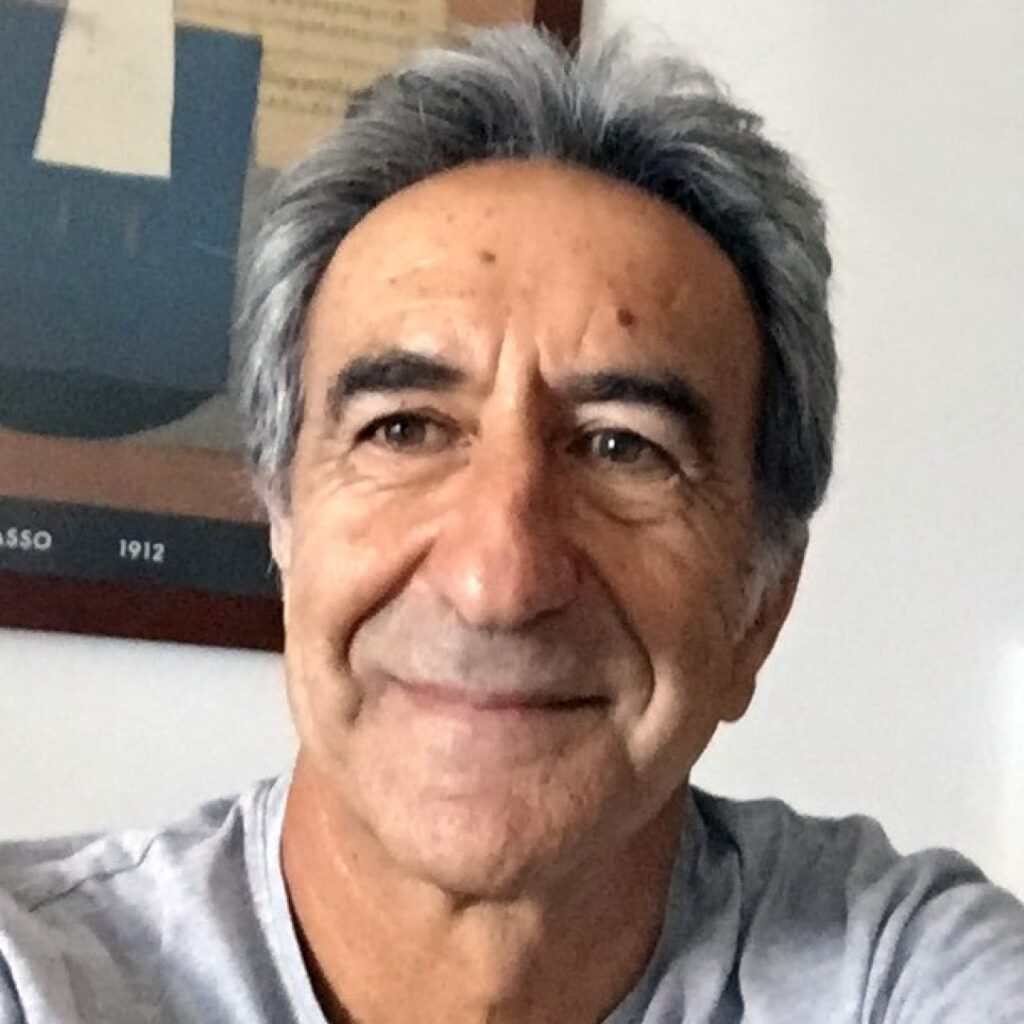
Investigador
Carlos Vale possui habilitação/agregação em oceanografia química; ex-diretor de departamento, Diretor do conselho científico e vice-diretor do IPMA, e vice-presidente do CIEM; atualmente é orientador de doutoramentos e mentor de pós-doutoramentos no CIIMAR e na Universidade de Aveiro. Associado ao curso de Mestrado “Ciências do Mar – Recursos Marinhos (ICBAS). A especialização inclui o comportamento de contaminantes em ecossistemas marinhos, interações com organismos e impactos de contaminantes em sistemas ambientais em evolução. Ele é coautor de mais de 200 artigos revistos por pares e 40 capítulos de livros.
EQUIPAS DE INVESTIGAÇÃO:
Vias de Contaminação no Ambiente Marinho

